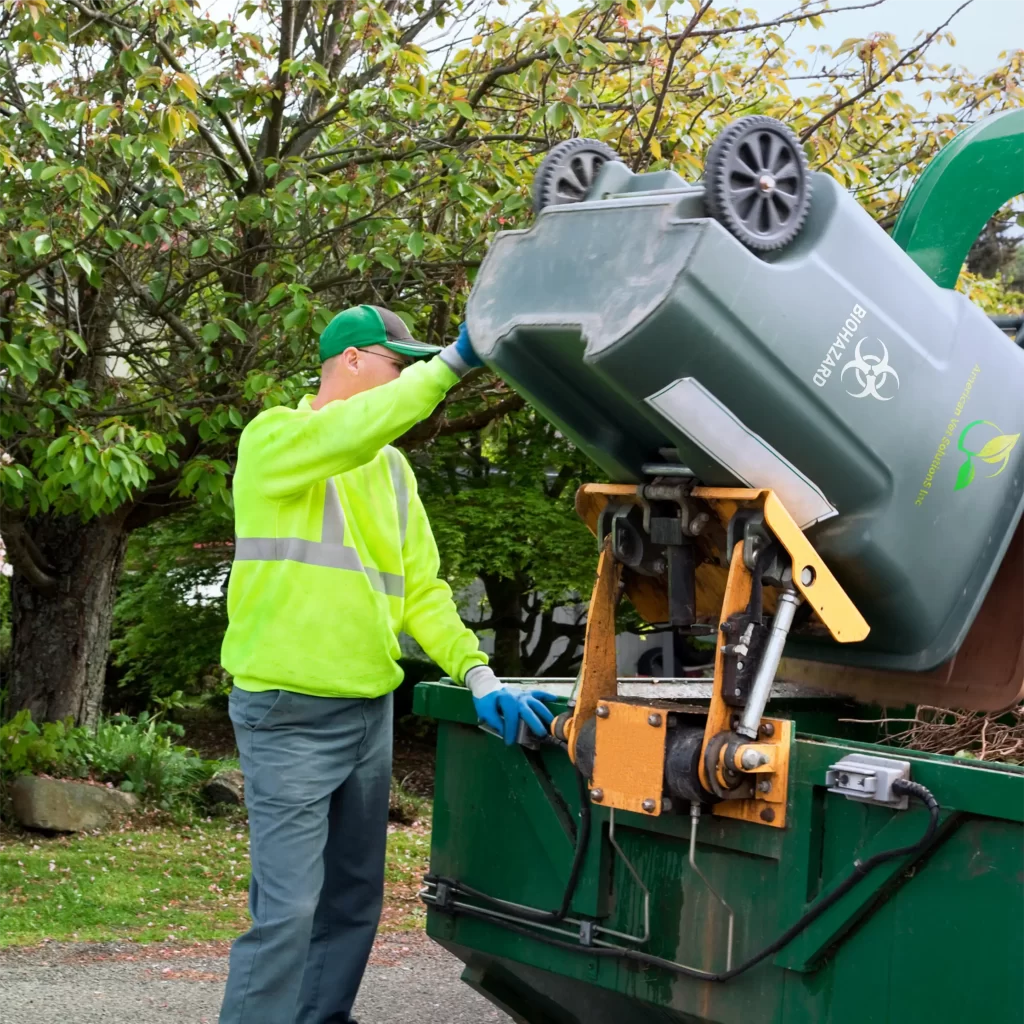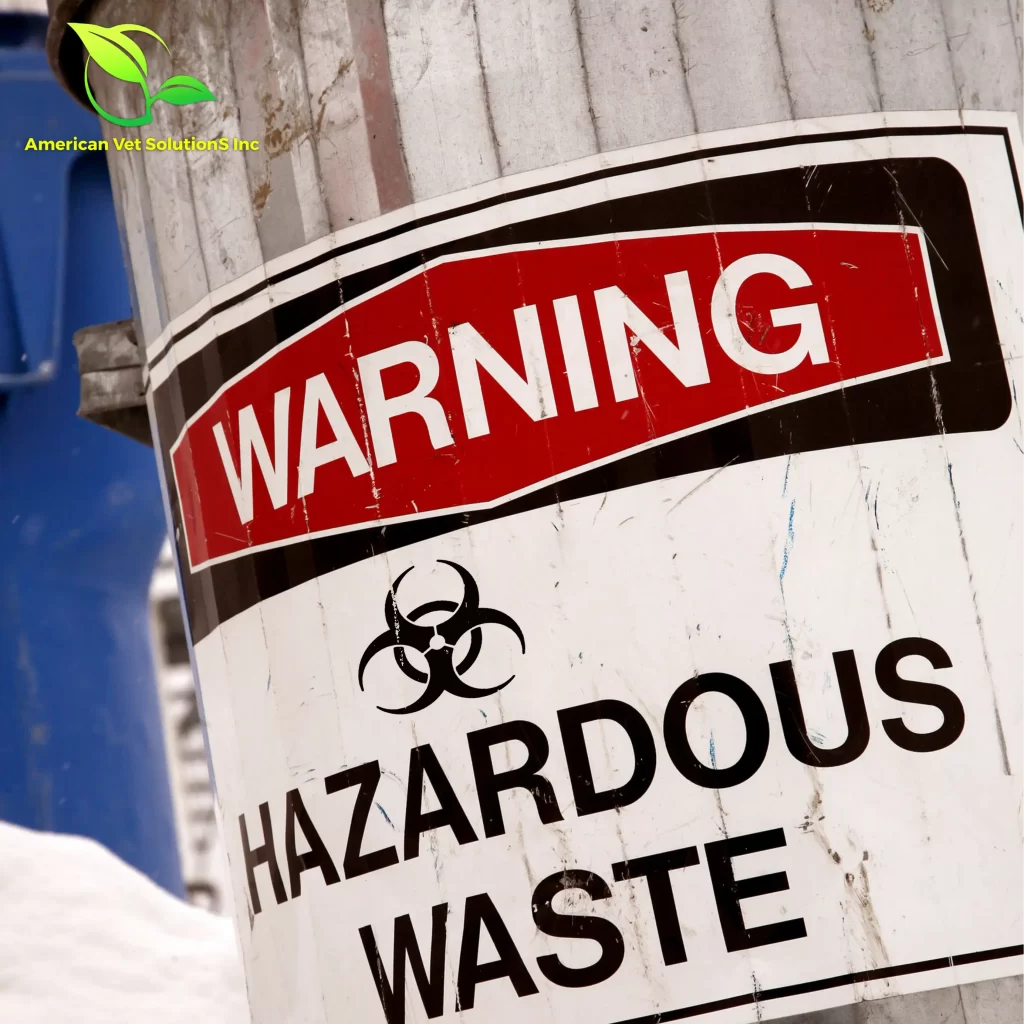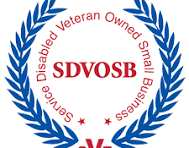Frequently Asked Questions
What You Need to Know!
1. What services are included under medical waste disposal?
Medical waste disposal services may cover sharps container collection, regulated medical waste (RMW), pathological waste, pharmaceutical hazardous waste, mail-back programs, cradle-to-grave tracking, and manifesting — ensuring waste is handled, transported, treated and disposed safely.
2. What is trace chemo waste and how is it disposed of?
Trace chemo waste includes materials lightly contaminated with chemotherapy drugs—like IV bags, gloves, and tubing. These items must be placed in yellow trace chemotherapy containers for safe, compliant disposal to prevent contamination or exposure.
3. What are the key services offered under medical waste management?
A trusted provider of medical waste management services offers regulated waste pickup, sharps container programs, biohazard disposal, and mail-back systems — helping healthcare facilities stay compliant and maintain safe environments.
4. Why is proper hazardous waste handling important for healthcare facilities?
Professional hazardous waste services protect the environment and public health by ensuring safe collection, transportation, and disposal of toxic or infectious materials in accordance with federal and state regulations.
5. What regulations apply to medical waste disposal services?
A Medical waste disposal company must follow OSHA, EPA, and DOT regulations to ensure safety and environmental compliance. American Vet Solutions helps facilities meet all legal standards for proper medical waste handling and transport.
6. What are the risks of improper medical waste disposal?
Mishandling medical waste can result in hefty fines, environmental pollution, and health hazards. Using a certified disposal service reduces liability and ensures your facility remains fully compliant.


7. How are pharmaceutical hazardous materials disposed of safely?
Pharmaceutical hazardous waste disposal involves segregating and treating expired or unused medications under strict environmental standards to prevent contamination and ensure EPA and DEA compliance.
8. What role does industrial water treatment play in facility management?
Industrial water treatment keeps systems like boilers and cooling towers efficient by using specialized chemicals to prevent corrosion, scaling, and microbial growth — essential for safe and sustainable operations.
9. What are cooling tower chemicals and why are they necessary?
Cooling tower chemicals are used to control scale, corrosion, and biological growth in cooling systems, improving performance, longevity, and energy efficiency in commercial and industrial facilities.
10. How does confidential shredding help maintain compliance?
Confidential shredding services ensure that sensitive medical or business records are securely destroyed, protecting private information and maintaining compliance with HIPAA and other data protection regulations.
11. What are universal waste collections and who needs them?
Universal Waste Collections handle items like batteries, fluorescent lamps, and electronic waste, ensuring safe recycling and disposal while reducing environmental impact and compliance risks.
12. How are medical sharps safely collected and disposed of?
Proper medical sharps container disposal prevents needle-stick injuries and contamination. Licensed providers supply puncture-resistant containers and manage pickup, mail-back, or treatment services for full regulatory compliance.

